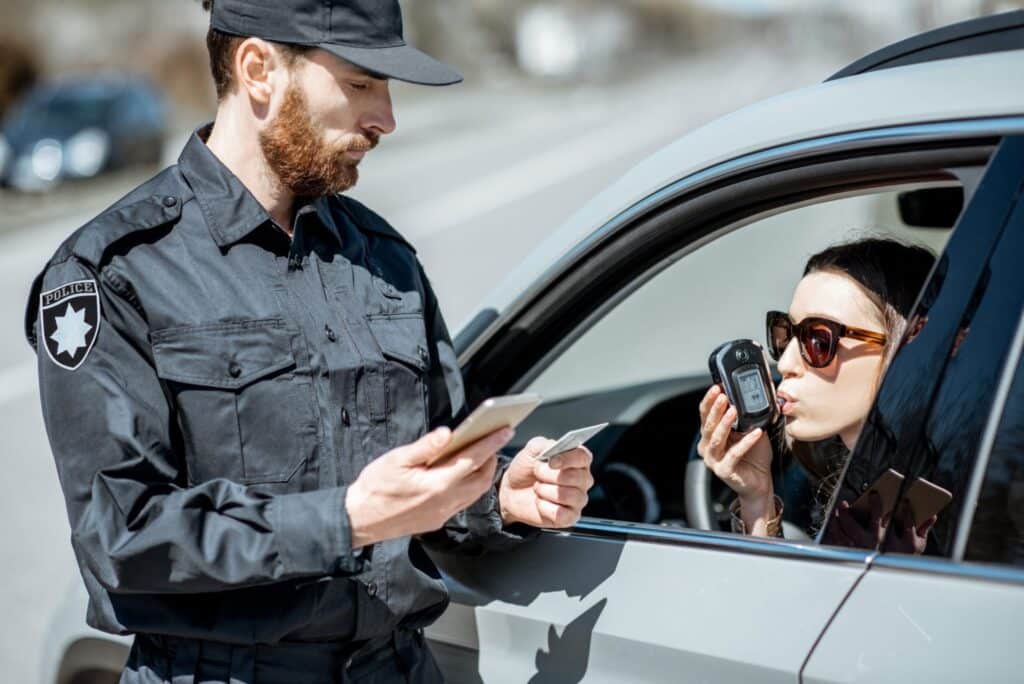If you get pulled over by a police officer in Maine who suspects you’re operating under the influence (OUI), you’ll be asked to take a breathalyzer test right on the spot. If you then get brought into the police station, you’ll often be requested to take another breath test there.
If you go through this process, one thing that you might find striking is how differently the two breathalyzer machines look. The one that the police officer has at the side of the road is a hand-held device that, when you stop and look closely, seems kind of cheap. The one in the police station, on the other hand, is larger, stationary, and looks like it may be more accurate.
Unfortunately for many people who were charged and previously pled guilty in Massachusetts, that is not always the case.
Massachusetts Breath Testing Machines Improperly Calibrated
A crucially important aspect of a breath testing machine is that it can, under optimal conditions, accurately detect how much alcohol is on your breath. If it can’t, it’s worse than useless – it’s dangerous. A breathalyzer that spits out incorrect readings puts innocent people into serious legal trouble.
However, breath testing machines – even the more precise ones in police stations – don’t recognize how to measure alcohol in a breath sample on their own: They need to be calibrated properly in order to produce accurate results. If they’re not calibrated properly, all of the machine’s readings will be skewed.
In Massachusetts, the department in charge of maintaining the breath testing machines was the Office of Alcohol Testing. However, a Massachusetts state court recently found that, until the year 2014, the Office had no solid policies for testing or calibrating a breathalyzer in the state. Instead, the procedures for calibrating and administering the tests on the 392 breathalyzers in the state of Massachusetts were being passed through the Office of Alcohol Testing via word of mouth or during informal meetings.
Potentially Thousands of Cases Impacted
As a result, the court determined that, between June 2012 and September 2014, the state of Massachusetts failed to show that it had a reliable way of determining someone’s blood alcohol content (BAC). The case that started it all – which had grown to include no fewer than 535 OUI cases – is a huge shakeup in Massachusetts. Not only will this send those 535 cases back to court – where they’ll be retried and where the prosecutor will have to prove the breath test used in the case was accurate – it would also put up to 20,000 other OUI cases from that time period into doubt.
So far, the state of Massachusetts hasn’t determined what they’ll do with those cases.
Maine OUI-Defense Attorney William T. Bly
These kinds of inaccuracies with testing machines are difficult to spot, and are more common than you might think. Having OUI-defense attorney William T. Bly at your side is the best way to avoid being wrongfully convicted because of one of these mistakes. Contact his law office online or at (207) 571-8146 if you’ve been charged for OUI in the state of Maine.
